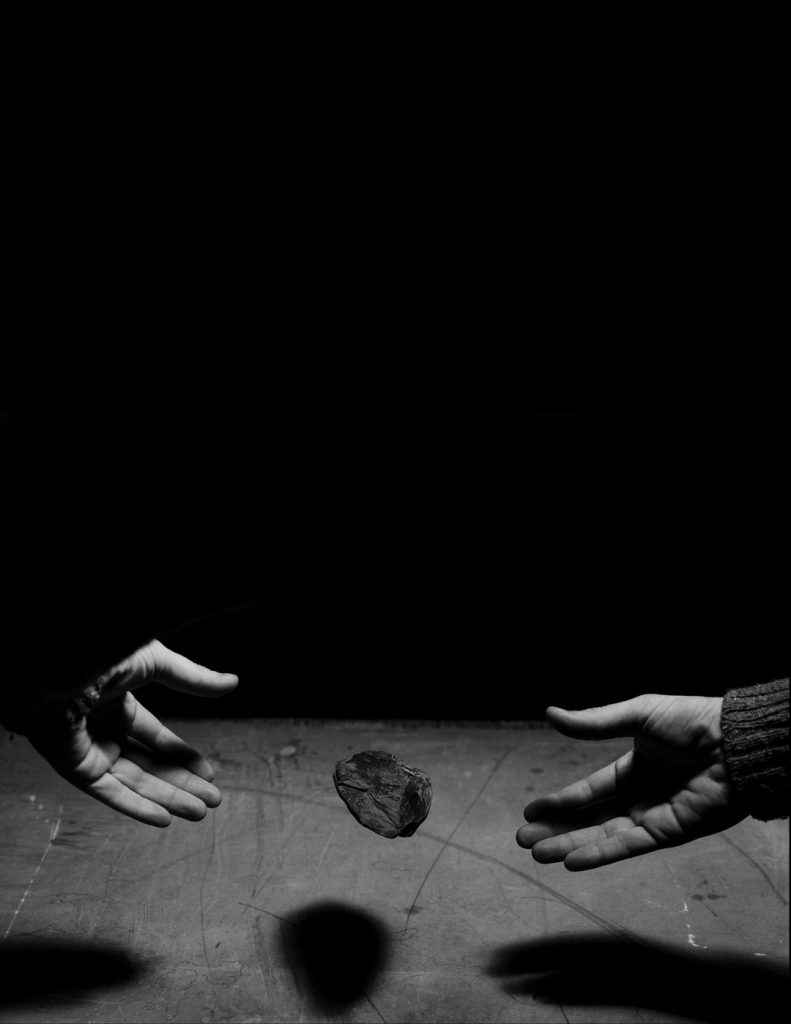
Messengers From The Stars – No. 5 (2020)
GUEST EDITOR: Matthew Hill
CO-EDITOR: João Félix
This issue of Messengers from the Stars is largely concerned with two interrelated notions: that of utopia, the imagination of an improved or idealized society, and its obverse, dystopia, an imagination of a corrupted society governed and structured by the most corrosive human impulses. Critically examining these fictional worlds can often serve as a means to more fully understanding our own current realities; through the unfamiliar lens of the unreal, the myriad problems and challenges of our own world can be seen more clearly. Such a focus is particularly relevant in 2020, a year that has been marked by accelerated climate-related catastrophes, pervasive racial, ethnic, and religious conflict, the ascent of far-right authoritarianism, and a global pandemic that has transformed modern life and killed nearly two million people. The articles and stories in this year’s issue shed light on how numerous works of fiction and film have engaged with these new and possible versions of our world.
Jonathan Hay’s “Utopia’s Extinction: The Anthroposcenic Landscapes of Ursula K. Le Guin,” illustrates how Le Guin’s fiction reconfigures humanity’s relationship with its environment, offering an alternative to the harmful human agendas of controlling—and often ruthlessly exploiting—the natural world. Le Guin’s Hainish Cycle, according to Hay, imagines a humanity recognizing its ultimate symbiosis with nature, rejecting overriding notions of utopian “progress.”
Later utopian works by Le Guin and Margaret Atwood comprise the subject of Trang Dang’s “Is there still hope for a better future? Probing the answer in Ursula Le Guin’s The Dispossessed and Margaret Atwood’s The Year of the Flood.” In this article, Dang presents both novels as what Tom Moylan has called “critical utopias” that satirize and critique current social realities and offer the possibility of “a healthier and more harmonious society.”
Recognizing a darker counterpoint to the vision offered by Le Guin and Atwood’s work, “Black Mirror’s ‘Fifteen Million Merits’: Re-Defining Human Bodies with Dystopian Technology,” by Zita Hüsing examines “what it means to be human in our digital times.” Hüsing argues that the “Fifteen Million Merits” episode of the BBC / Netflix series Black Mirror reveals and implicitly protests an accelerating late-capitalist nightmare, a dystopian interconnection between humanity and technology that ultimately dehumanizes and commodifies people.
In a similar interrogation of a capitalist dystopia, the FOX series Gotham (2014-2019) is the subject of Rhiannon McHarrie’s “There are no heroes in Gotham”: Subverting the Superhero Narrative and Depicting Dystopian Landscapes in Gotham.” Here, McHarrie discusses at length how the series, through an inversion of the superhero narrative that focuses on primarily on villains, both builds and critiques a materialistic dystopia of corruption and power.
Luke Holmaas’ essay “Some Years From This Exact Moment: Ambivalent Dystopian Science Fiction Satire” offers a take on a similar act of social critique as that present in Gotham through the analysis of “trashy” satire films The Running Man, Southland Tales, and Gamer. The “exaggeration and excess” in these films, Holmaas suggests, defines these works as “ambivalent dystopian science fiction satires” that are often misunderstood and unjustly dismissed by critics and scholars.
Likewise adjusting a critical and scholarly paradigm is Ali Bouacha Oualid and Kaid Nassima’s essay “Bridging Afrofuturism and Arab SF: Locating the Contemporary Algerian SF within the Postcolonial Speculative Fiction.” This essay situates the body of contemporary Algerian Science Fiction within the Afrofuturist and Post-Colonial frames by “reflecting on [the Arab and Afrofuturist] colonial and post-colonial experiences respectively,” while also examining the relative scarcity of Arab and North African science fiction, which, in the authors’ view, should have promoted “similar artistic expressions” to Black Afrofuturism, given the “historical commonalities” between the traditions.
A similar act of connection, this time between the past and future, is explored in Inês Vaz’s “Navigating the Stars: Thinking the Present and Projecting the Future by Looking at the Past.” Here, Vaz critically examines the animated steampunk film Treasure Planet (2002) as a recasting of the Victorian past and somewhat problematic “hopeful message for the future.”
Mike Carey’s short story “I Will Tell You Seven” takes place in a dystopian world of superstition and violence populated by sorcerers, ghosts, witches, giants, and shapeshifters. The story’s undead protagonist, however, chronicles a righteous battle against monsters of another, far more dangerous type.
The issue’s concluding entry is Farah AlYaqout’s review of Palestine+100: Stories from a Century after the Nakba, the 2018 PEN Translate award-winning anthology of Palestinian science fiction. The collection, according to AlYaquot, explores through the futuristic, speculative lens the “dystopian reality” of the Palestinian diaspora, both within and without Palestine.
It is our hope that this issue of Messengers from the Stars, through its various interrogations of this world and other possible ones, offers insight into our particular cultural and social reality. Enjoy!
